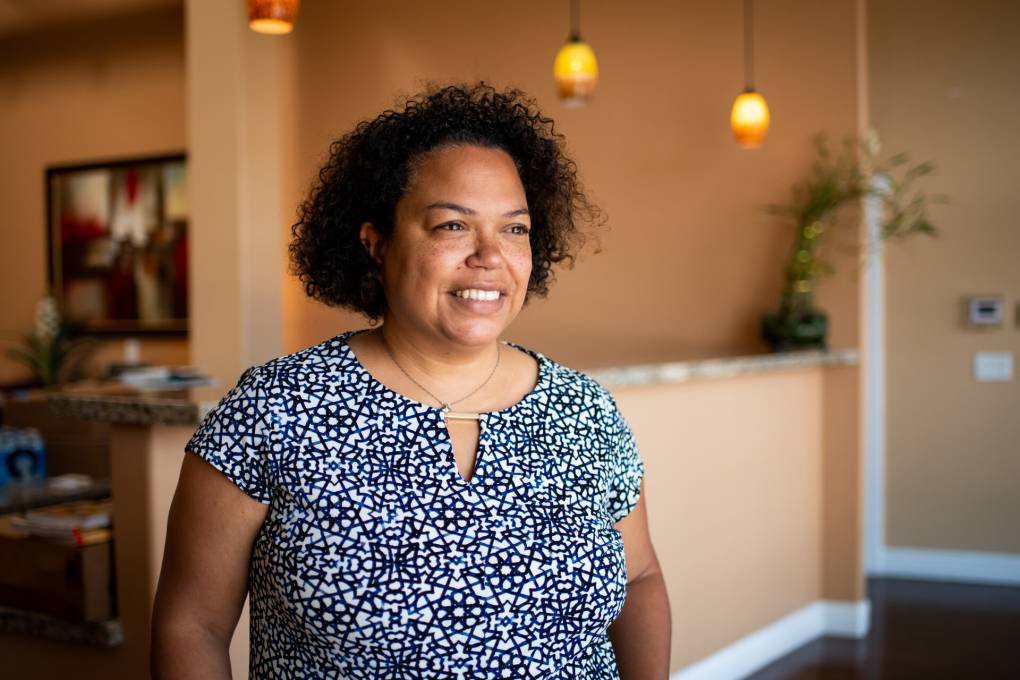New Bill Pushes California to Confront Digital Discrimination
Rachael Myrow | APRIL 10, 2024
Even now, in an age when most of us use the Internet, one in five Californians lack reliable and affordable service. Most are lower-income people of color and rural residents.
“‘We are living in an unjust and inequitable moment of technology, where some have and some don’t.’”
This afternoon in Sacramento, the Assembly Communications & Conveyance Committee takes up the latest salvo in this struggle, a bill designed to chip away at this form of digital discrimination.
“We are living in an unjust and inequitable moment of technology, where some have and some don’t,” said Assemblymember Mia Bonta (D-Oakland).
The author of AB 2239 said it would make California the first state in the nation to codify the Federal Communication Commission’s newly adopted definition of digital discrimination into state law.
“We know that equitable access to fast, reliable and affordable Internet is a non-negotiable part of everyday life,” she said.
The FCC’s new rules adopt a “disparate impact” standard for identifying digital discrimination, meaning broadband providers could be in violation, even if they are not intentionally withholding adequate Internet from a protected group.
“The disparate impact standard has long been applied in education, in housing and health care, and more. And what this bill is doing is essentially saying it also needs to be applied to broadband access,” Bonta said. “Regardless of the inputs that you have around broadband intent and the different programs that we set up if there is a disparate impact — and we know that there is — then that’s considered discrimination.”

